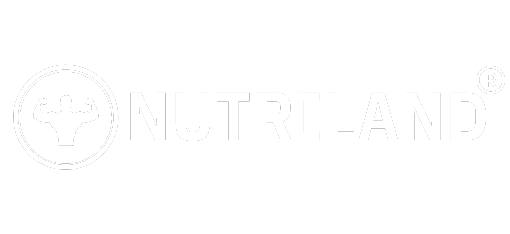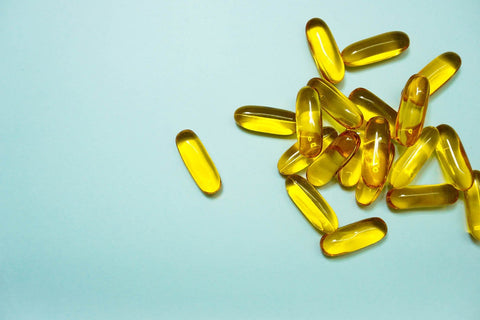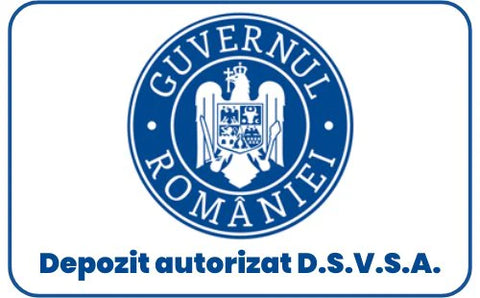
Vitamins are essential both for the optimal functioning of the body and for the prevention of conditions with negative potential for health. Among these nutrients is vitamin D3, which is one of the most important forms of vitamin D - commonly known as the "sunshine vitamin".
Unfortunately, low levels of vitamin D3 in the human body is a health problem that affects approximately 1 billion people worldwide. That's why this article can help you identify the symptoms of the lack of D3 in the body and how to correct such deficiencies.
content
1. What causes vitamin D3 deficiency?
2. Vitamin D3 deficiency - symptoms
3. How can you prevent vitamin D3 deficiency?
1. What causes vitamin D3 deficiency?
Vitamin D is involved in numerous processes in the body, having a dual role - both as a vitamin and as a hormone. Among its most important tasks are the support of bone metabolism, muscle development and the functionality of the locomotor system. In addition, vitamin D supports the health of our immune system, protects blood vessels and has a beneficial effect on mental health.
The two most important forms of vitamin D are vitamin D₂ (ergocalciferol), which is found in plants, and vitamin D₃ (cholecalciferol), which comes from foods of animal origin, dietary supplements and which can be made by the body naturally, when the skin is exposed to ultraviolet (UV) radiation from the sun.
Regarding the causes of vitamin D3 deficiency, they are very difficult to diagnose, in the absence of specialized analyses. However, certain risk groups can be identified that are more exposed to developing such deficiencies:
- people who have a sedentary lifestyle or who live in locations with a cold climate, and who do not expose themselves to enough sunlight;
- people who cover their bodies when they are outdoors (for religious reasons, hematological conditions, etc.);
- pregnant women, as they require even higher amounts of vitamin D3;
- people with a dark skin type, their bodies producing less vitamin D than people with light skin;
- the elderly - the production of vitamin D3 drops significantly in elderly women, and, most of the time, they do not spend enough time in the open air, for reasons of mobility.
- babies, because the vitamin D content in breast milk is low, and they should not be exposed to direct sunlight.
- people suffering from a mental disorder (anxiety, depression)
- rarely, it can happen that people who have diets low in calcium, develop vitamin D3 deficiency.
Seasonal changes can also affect the risk of developing vitamin D3 deficiency. People spend more time indoors during the winter, when there are fewer hours of UV light.
2. Vitamin D3 deficiency - symptoms
Vitamin D3 is a fat-soluble vitamin, which can be stored in the body for a longer period of time. That is why the symptoms of vitamin D3 deficiency are rarely visible. These manifestations are often very general, and may include fatigue, headaches, muscle cramps or spasms, musculoskeletal pain, etc. Consequently, many people do not notice that they suffer from a lack of this vitamin until these symptoms develop in more serious health conditions.
People who have a severe deficiency of vitamin D3 are at increased risk of:
- osteomalacia (the phenomenon of soft bones in adolescents or adults, similar to rickets) and osteoporosis (leads to the loss of bone mass and bone tissue).
- rickets in children.
- pain and weakness in the bones (osteoarthritis).
-
bone fractures in people over 65 years old.
The latest medical studies in the field have found associations between vitamin D3 deficiency and the development of non-locomotor diseases such as:
- high blood pressure and heart disease;
- autoimmune diseases;
- diabetes;
- depression and anxiety;
- serious infections such as tuberculosis and chronic kidney disease;
-
hair loss.
Vitamin D3 deficiency can be detected through blood tests. Following these tests, if it is certified that there is a certain deficiency of vitamin D3, a specialist doctor can recommend that the person in question take food supplements and make changes in terms of lifestyle.
3. How can you prevent vitamin D3 deficiency?

In general, maintaining an optimal level of vitamin D3 in the blood can be achieved in 3 steps: through food, exposure to sunlight and with the help of synthetic supplements.
Our small intestine can absorb up to 80% of fat-soluble vitamin D3 from animal foods. Despite this fact, our body absorbs relatively small amounts of vitamin D3 through the diet (20% of the daily requirement). This is partly due to the fact that few foods contain vitamin D3 or contain it in small amounts. Foods that can provide vitamin D3 are: fatty fish (herring or salmon), beef liver, milk, egg yolk, butter, margarine, mushrooms, avocado.
Therefore, it is very difficult to obtain the daily requirement of vitamin D3 from food alone.
However, our bodies have the ability to produce this vitamin by themselves, by simply exposing the skin to UV-B sunlight. How much time you should spend in the sun will depend on many considerations, including your skin type, where you live, your lifestyle, the time of year and the time of day. It is important to use adequate sunscreen when the ultraviolet (UV) index is high.
In the autumn and winter months, it can be difficult to combat vitamin D3 deficiency only with diet and outdoor activities. Food supplements that containvitamins and minerals are more effective in this sense, but the dosage and the period for which they will be administered must be established in advance by the specialist doctor.
Therefore, the lack of vitamin D3 in the body can be corrected through an adequate diet, a balanced lifestyle that requires exposure to the sun (in safe conditions) and through food supplements.
Photo source: shutterstock.com, unsplash.com






Comments (0)
There are no comments for this article. Be the first one to leave a message!